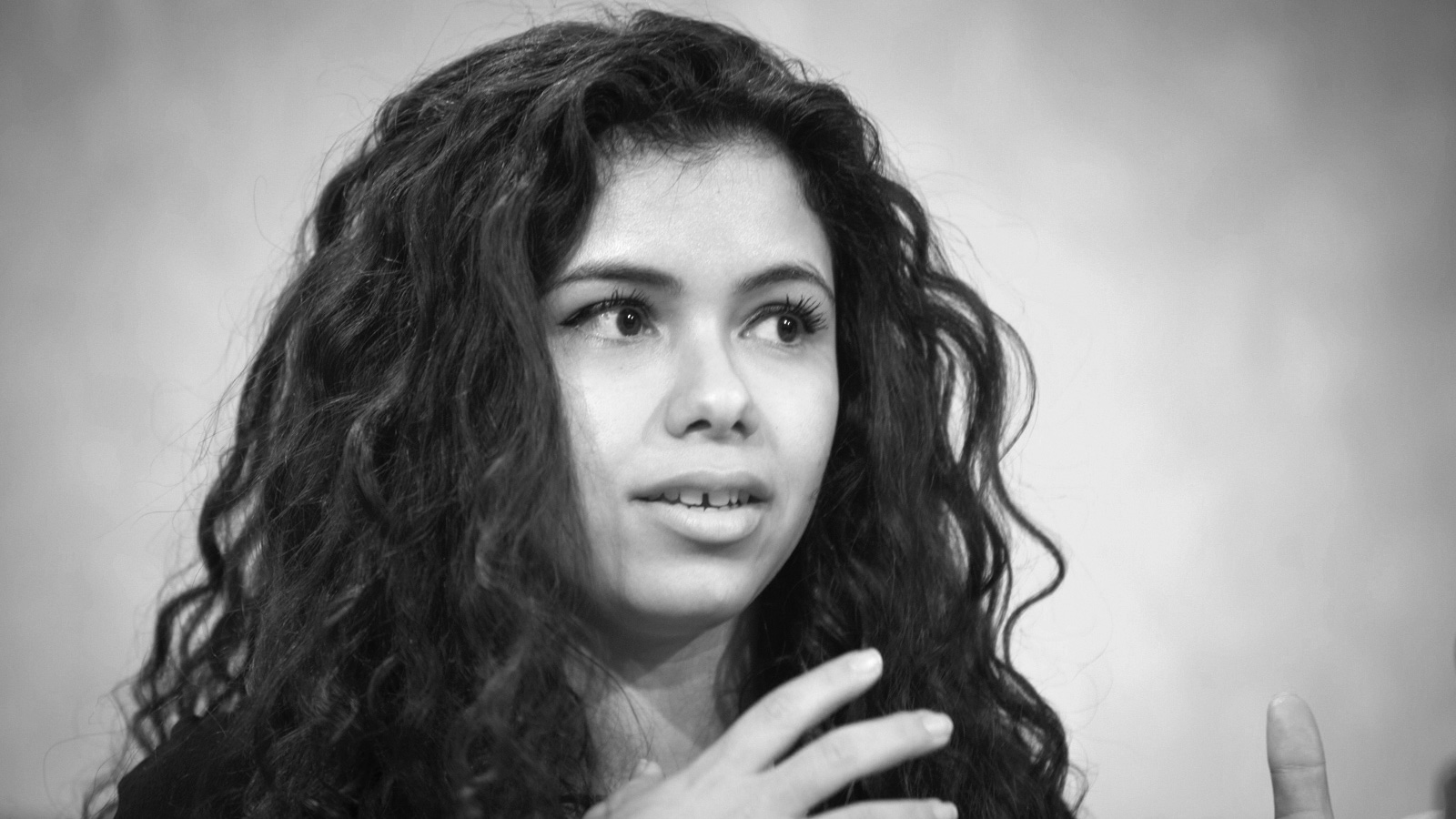
To make a difference in the dramatically changing world, we need to be able to navigate narratives, privilege and power.
Narratives
For the next few decades, the world will continue to be constructed around narratives.
Who shapes the narratives? And whose voice is heard?
Take young people as an example. Last year I researched youth radicalisation, carrying out a comparative study between Al-Shabaab’s recruitment in Kenya and Daesh’s recruitment in Tunisia. My most important finding was that the victimhood narrative of marginalised youth is contributing to youth radicalisation. The victimisation narrative is used by extremist groups to recruit and sustain support. Many young people have internalised the idea that they are marginalised and are perceived to be heroic when they join these violent groups. We need to start asking ourselves, are we contributing to narratives of empowerment or disempowerment? Do we offer counter-narratives, or create new narratives about youth leadership, participation and agency?
Are we contributing to narratives of empowerment or disempowerment?
There are currently two ways the development sector talks about young people – as the beneficiaries of “youth development” or as participants of “youth-led development”. It is often not clear whether as a group, young people are portrayed as the problem or the solution.
The number of young people will double in the next few decades. The first step to youth empowerment is to change the narrative, from young people being subjects of development to them being drivers of development.
More widely, we are regularly exposed to narratives of misogyny, violence and exploitation, sometimes without any alternative world view. Narratives become a place of belonging and identity to many. It is crucial to provide alternative narratives to the current challenges and the unknown future. For instance, how can we manifest dignity in the narratives that degrade human beings?
Privilege
If you are reading this, it means you are one of the 52 per cent that is privileged to be online.
Forty-eight per cent of the world’s population is offline. We can talk about digital transformation as an innovative force but digital is also a privileged, closed, elitist space. Information is power and that power is vastly unequal, depending on who can access information and control connectivity and who cannot.
Those who are disconnected can be invisible outside the radius of the digital revolution.
Those who are disconnected can be invisible outside the radius of the digital revolution. Those of us online have a responsibility and opportunity to make a difference. Making our voices heard doesn’t mean speaking on behalf of people. Instead it means elevating and amplifying the voices of the most vulnerable. The online space can be a breath of freedom, especially in repressive societies and civic spaces. Therefore, we need to anticipate when the digital divide will grow or close. And what are we doing about it in relation to gender? Or development? What are the online and offline spaces we need, to ensure that privileges of accessibility become rights for everyone? It’s like making culture available to everyone and not just to those who can afford festivals.
Power
To make a difference, we need to believe in people’s power. Their power not to watch and blame the system, but to change it. Their power to better humanity not destroy it. Their power that leads from a place of love to bring about healing and mend the broken spaces of our world.
The most powerful power of our time is transnational solidarity. There is political power, economic power and there is the power of working together to accelerate change with the tools and talents we have acquired. In the globalised world with shades of oppression, our voices will only be effective if they are unified and collaborative.
While the world is becoming a global village, border policing is increasing, painting an insecure future. The bond of solidarity can be forged or destroyed. Therefore, the more we build on the power of solidarity, the more we will be ready for the future. The struggles of the next decade will require transnational solidarity.

Aya Chebbi is a pan-African feminist activist and blogger. She is the founder and chair of the Afrika Youth Movement.
